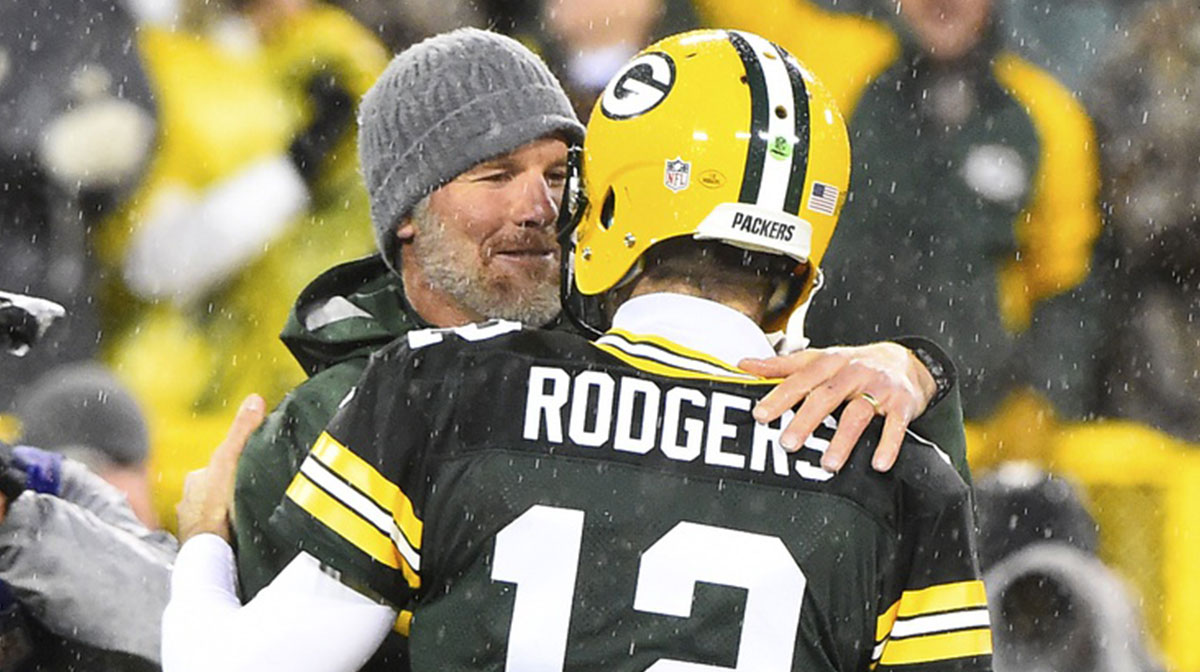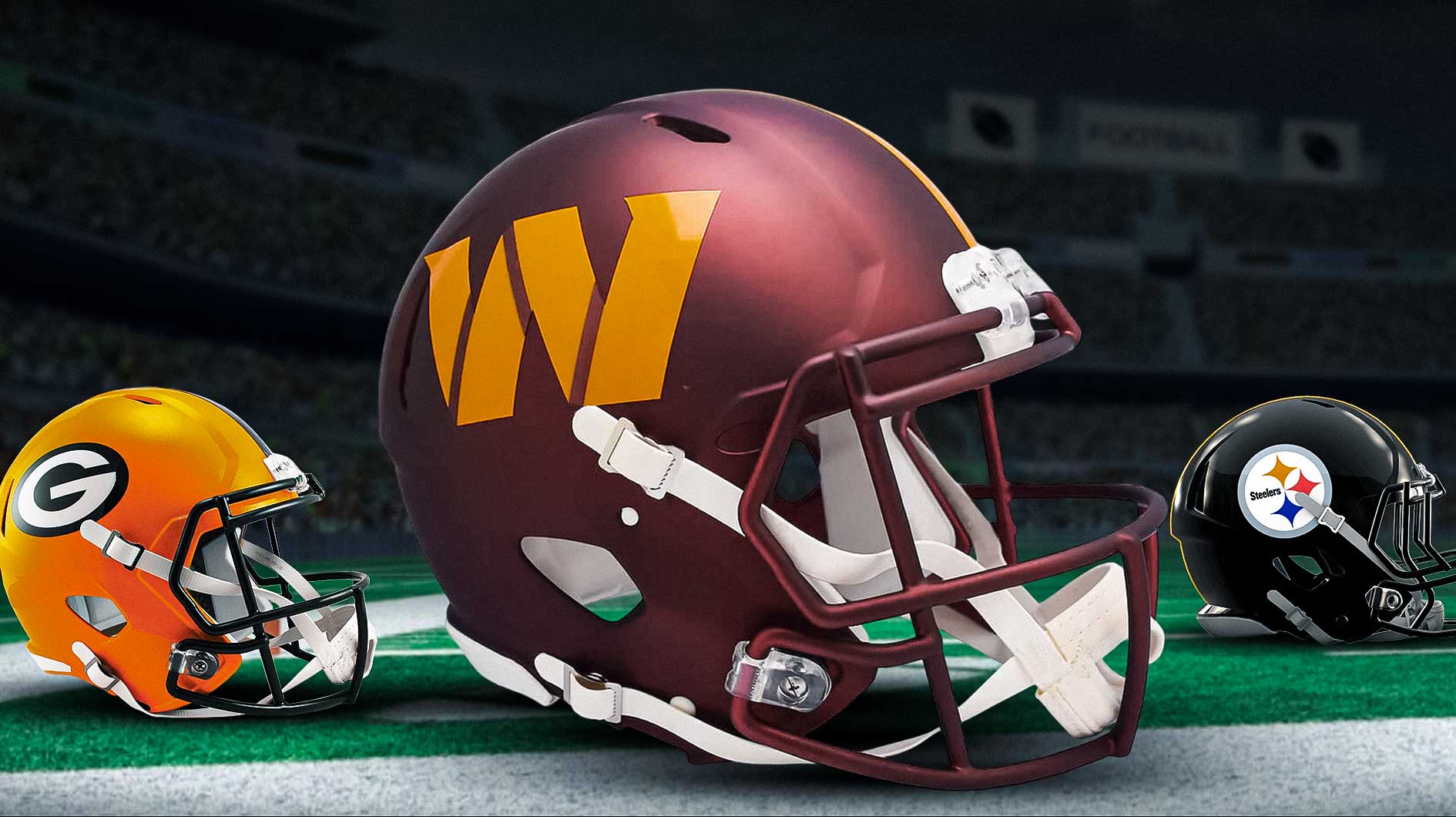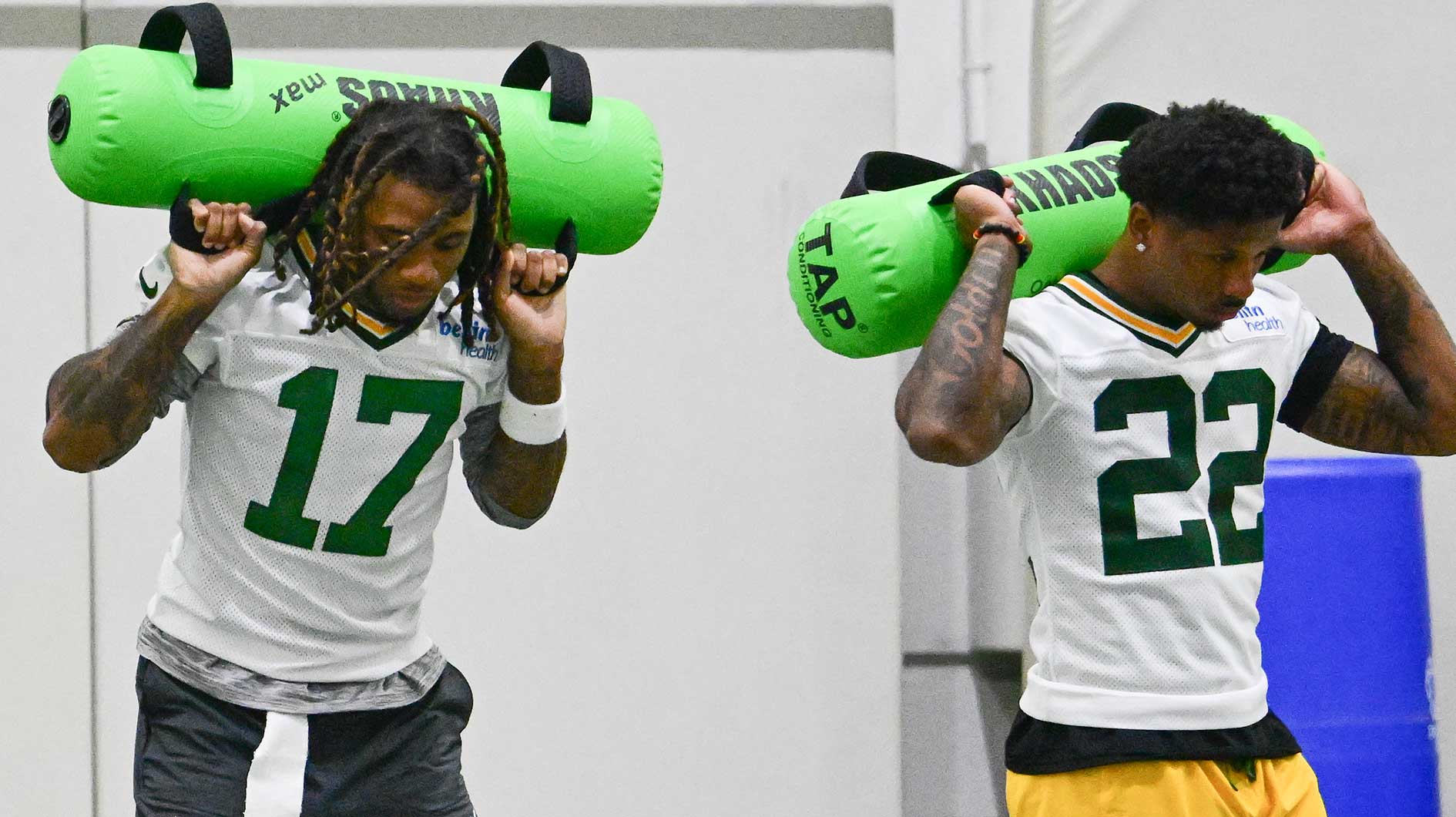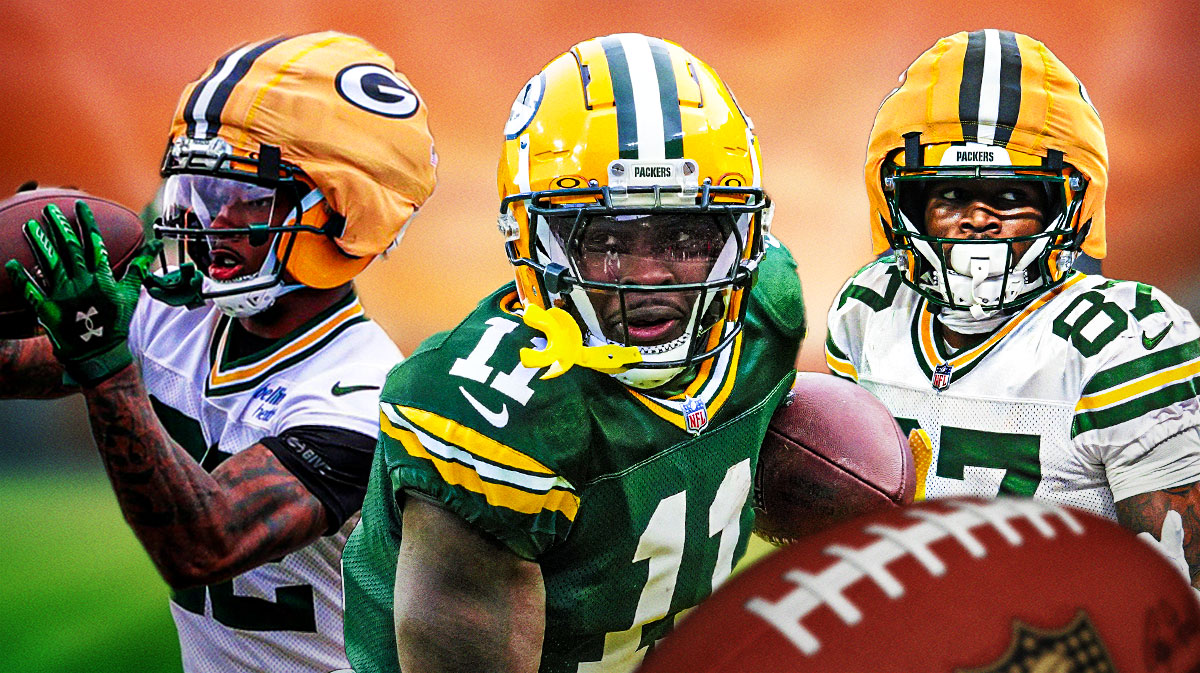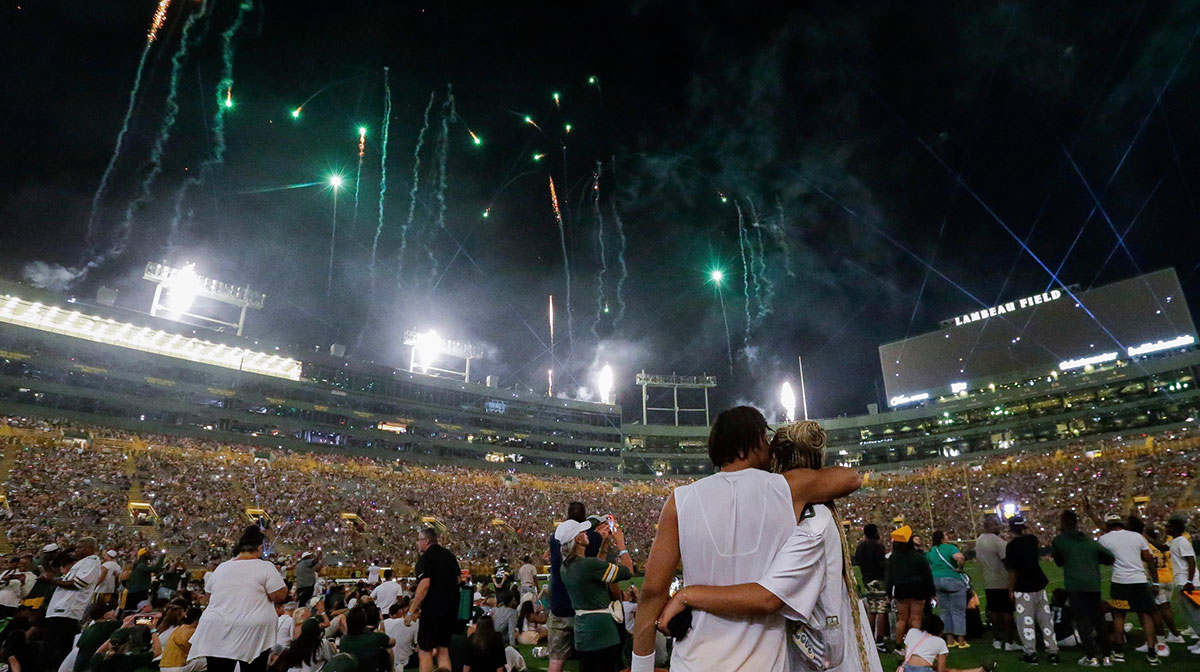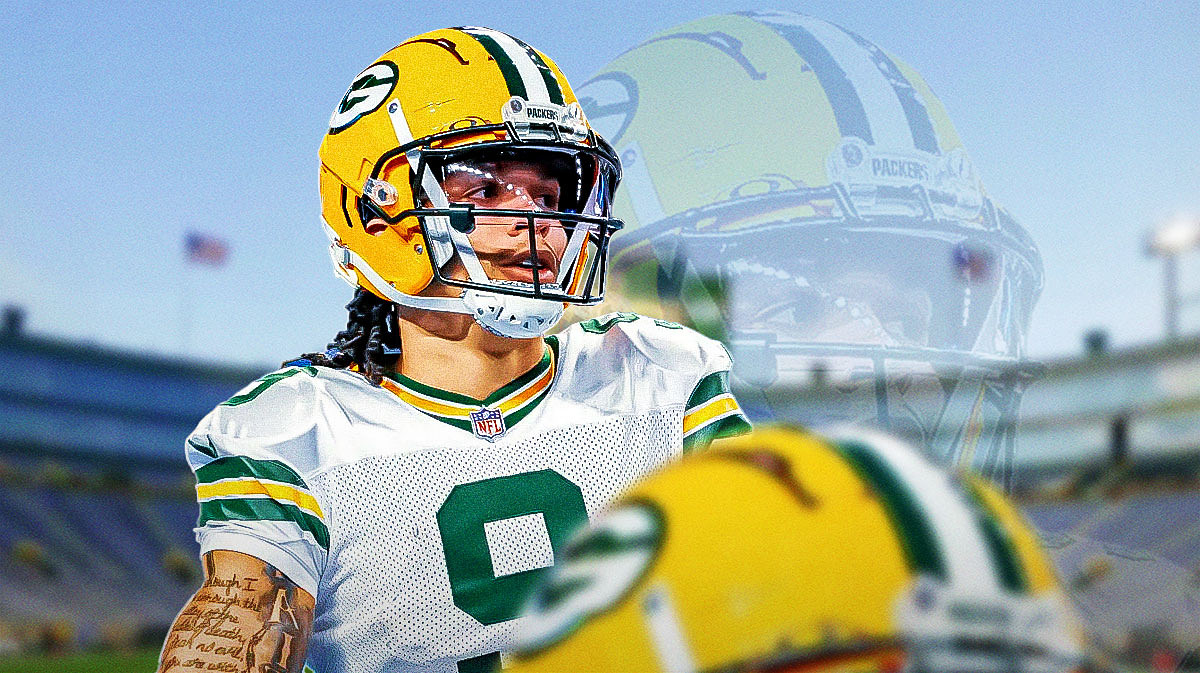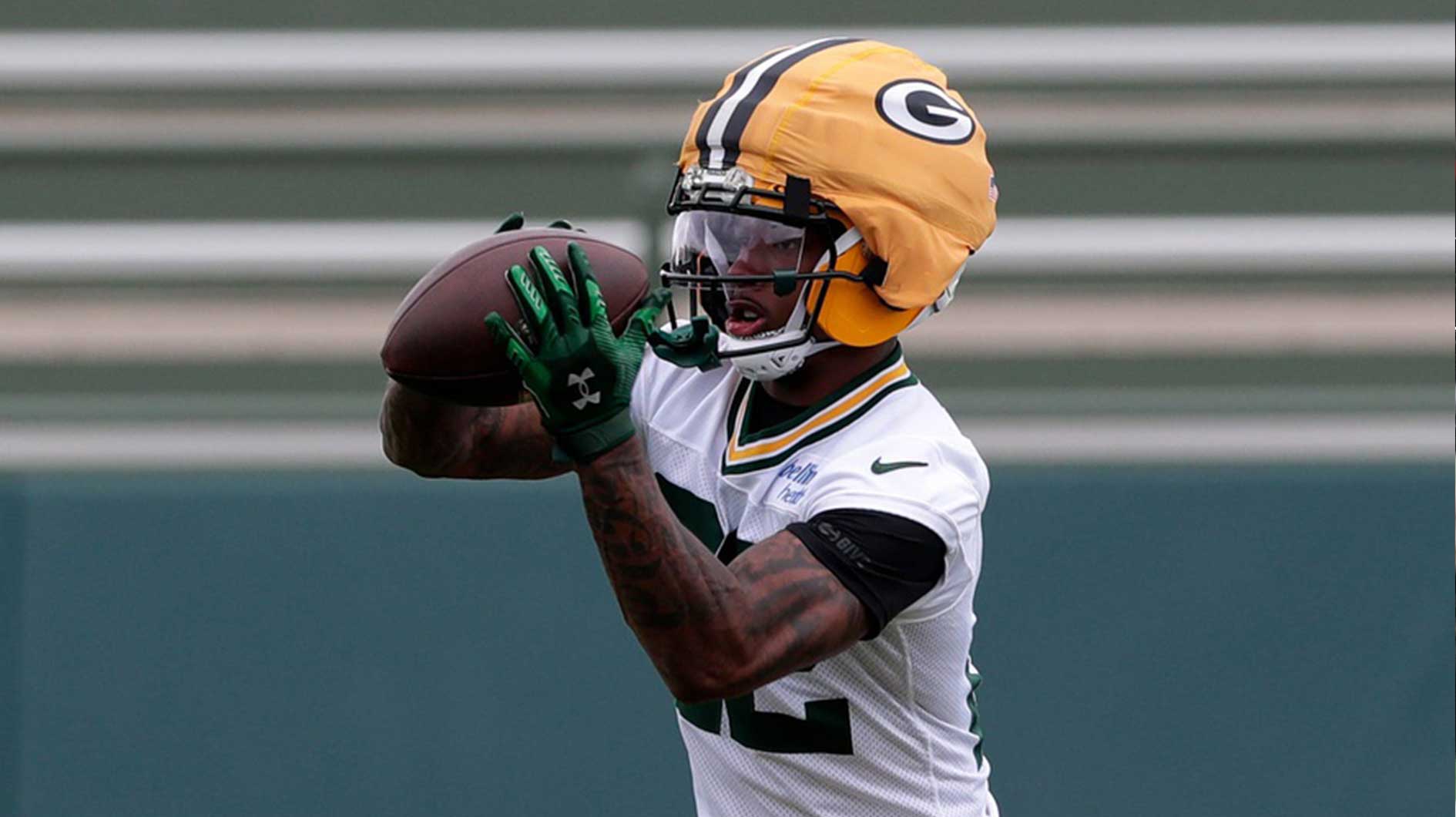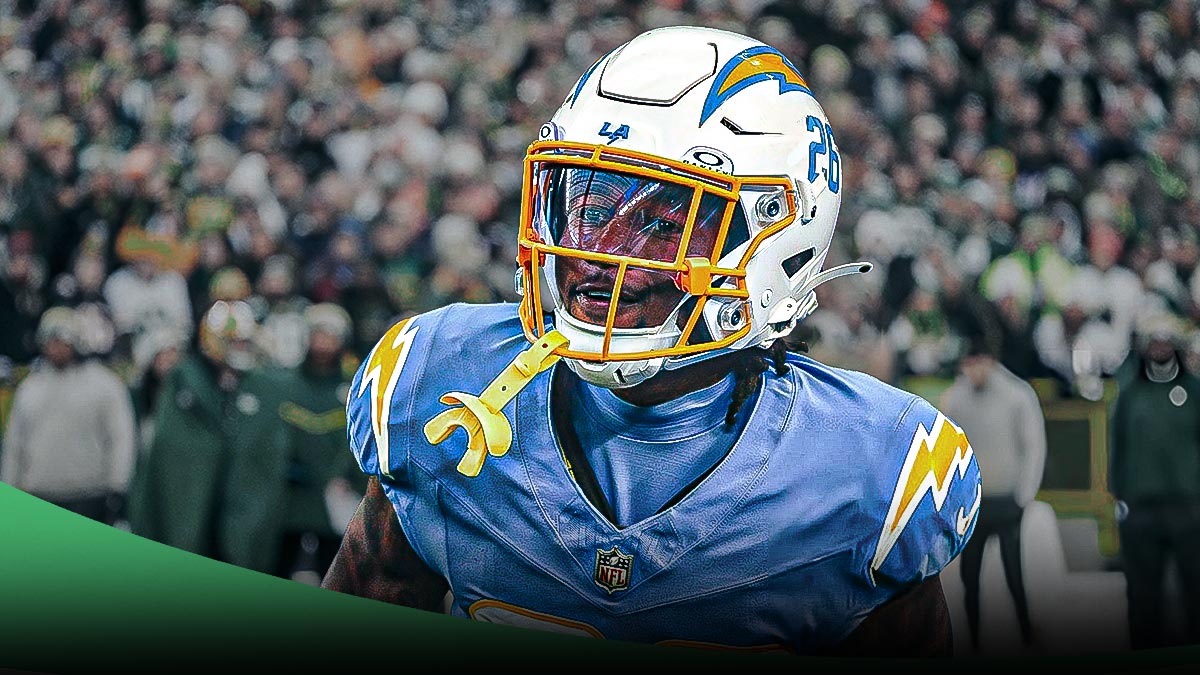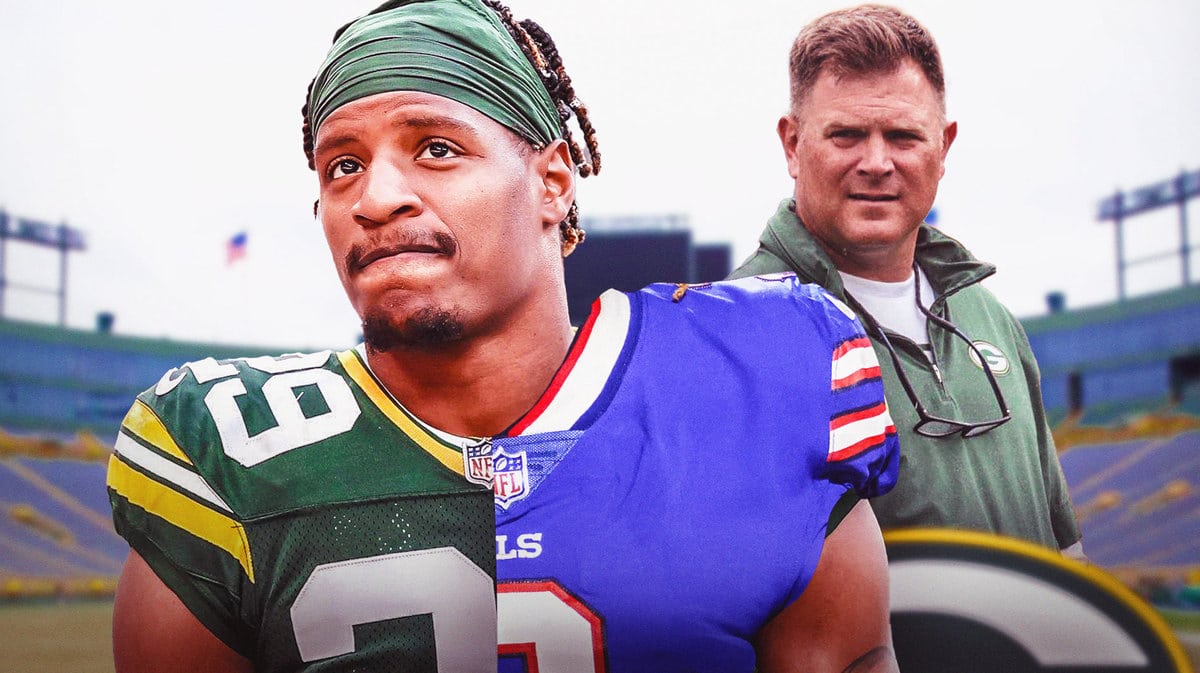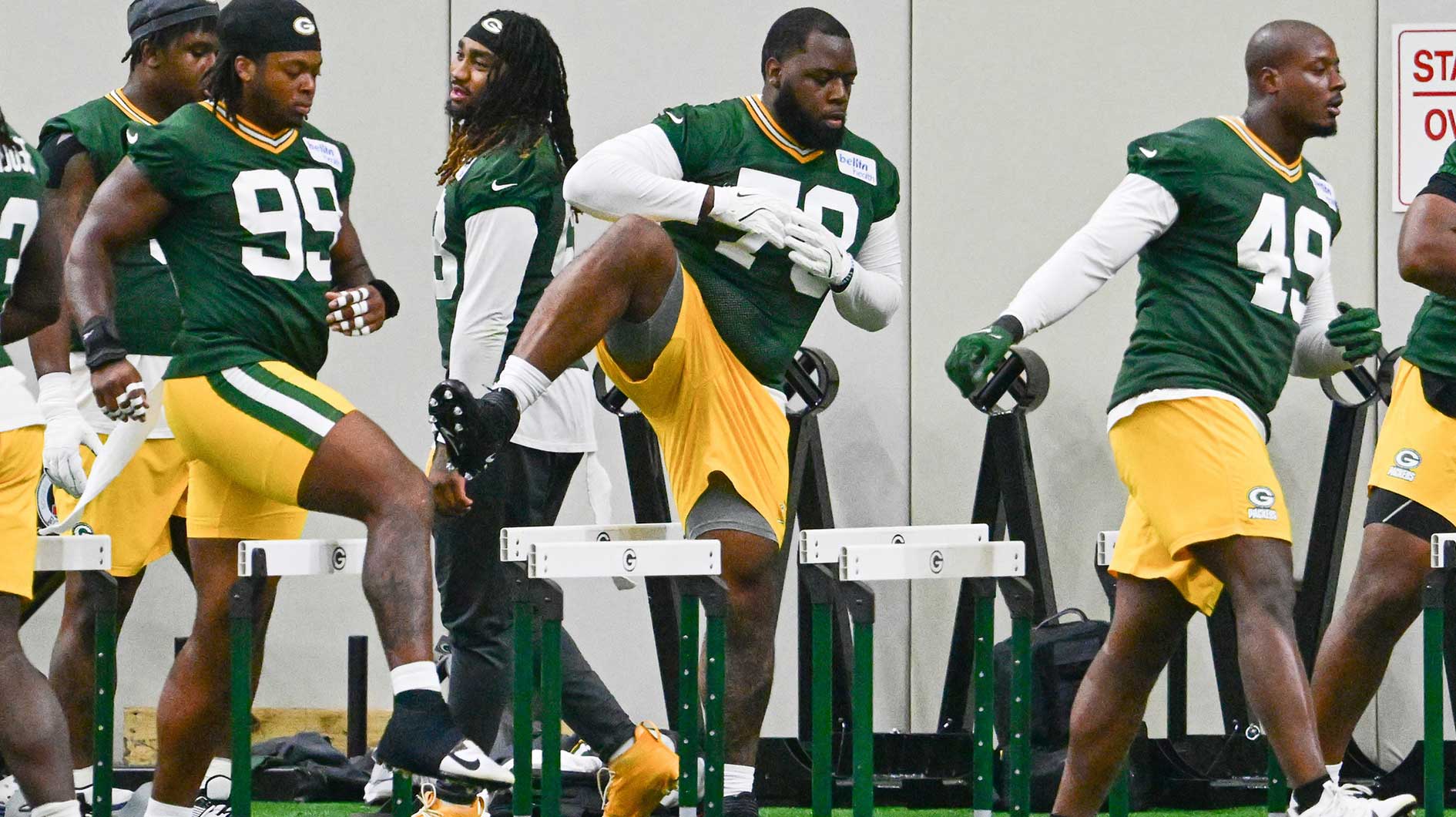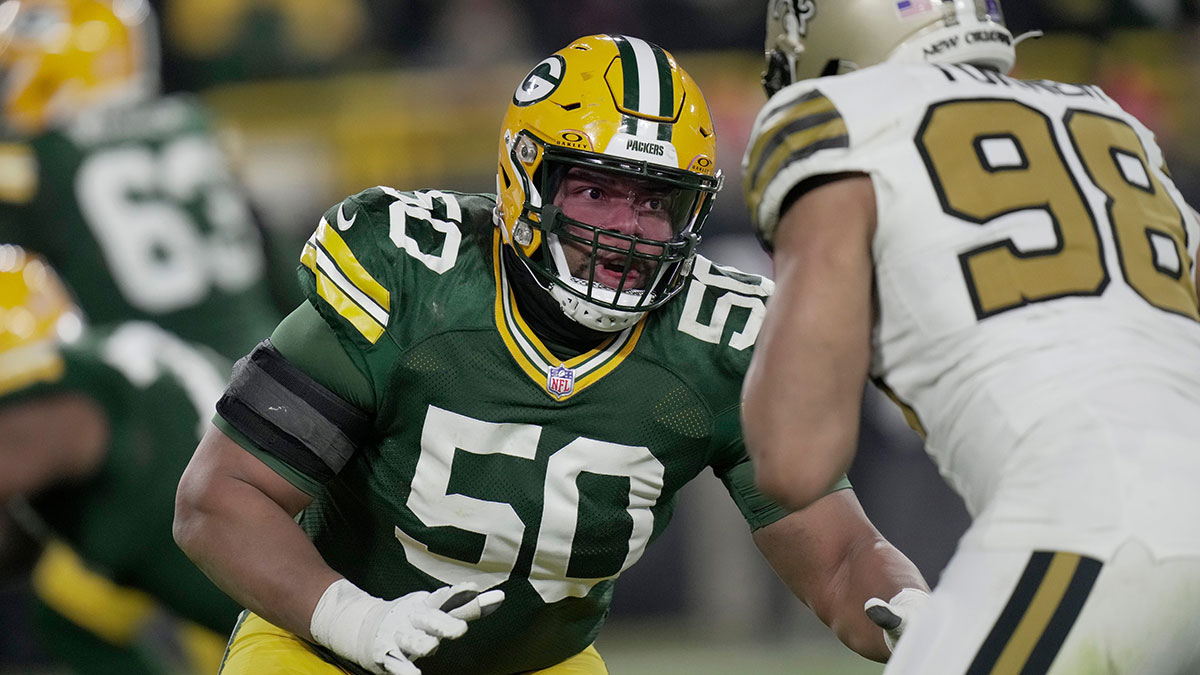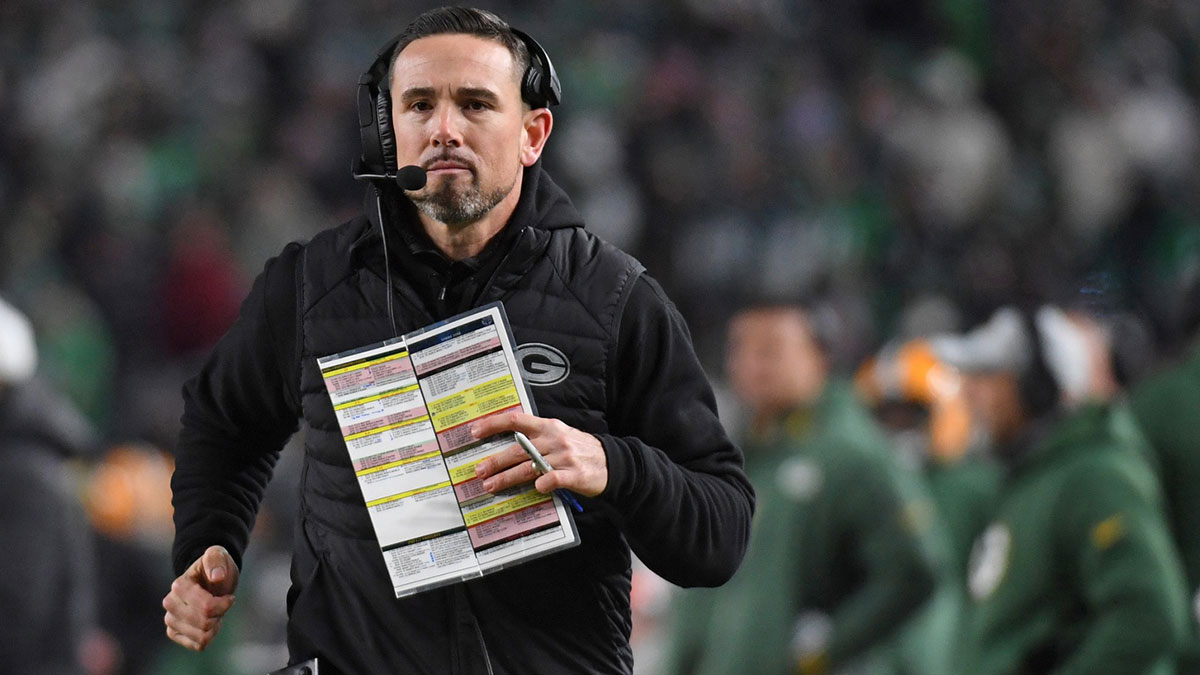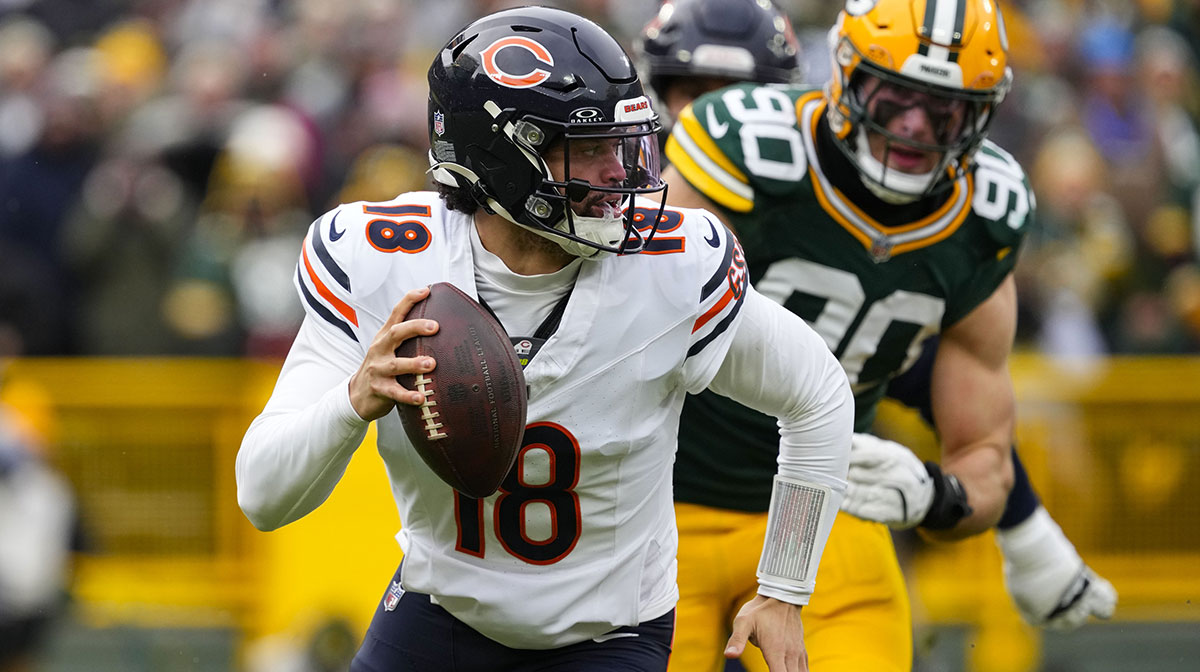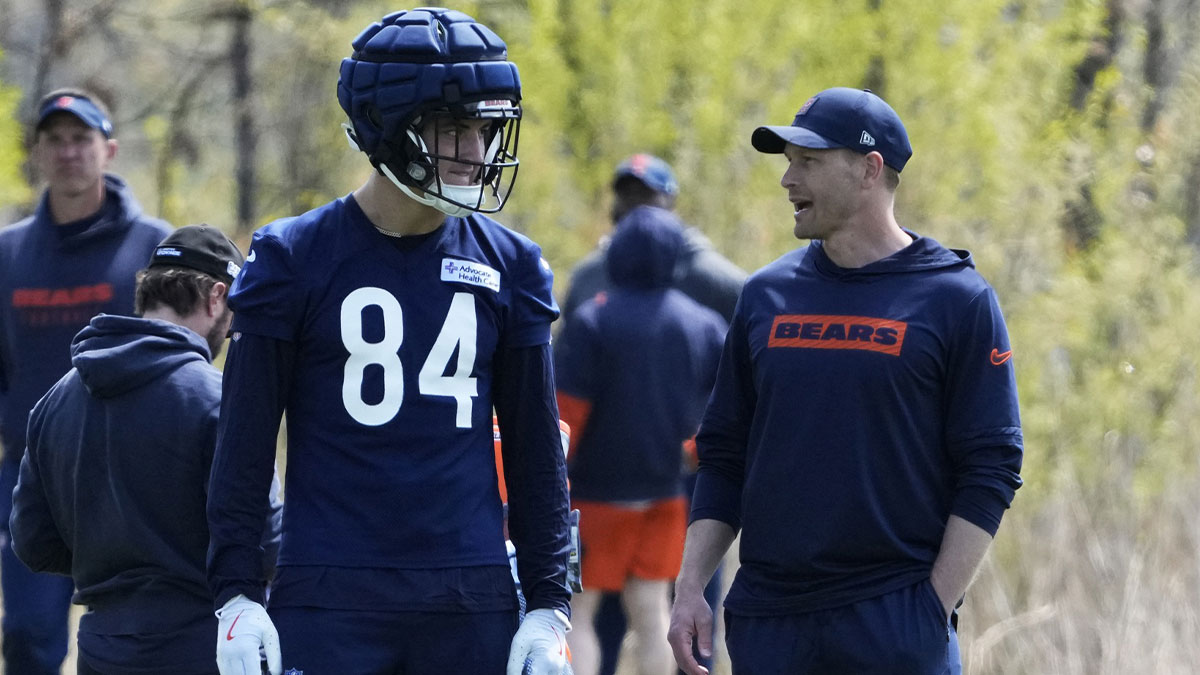How did Aaron Rodgers become Aaron Rodgers? Through hard work, a fall in the NFL Draft, and biding his time as a backup on the Green Bay Packers, he became the all-worldly quarterback that we know and love today.
But how did he get here? His trek that involved receiving little to know interest from Division I programs was a bit scattered as he was concluding his high school career, painting a very unfortunate picture for a kid that had made it very far along in his own right. He apparently had still not done enough to garner attention from the ones that he needed it from the most— colleges willing to simply give him a chance.
His play on the gridiron has seemingly always been spectacular, but it still took a junior college in California to take a chance on a player that had, for the most part, been left completely off of any recruiting radars. But sometimes, an opportunity is all that someone needs, and Rodgers easily fit into that category.
High School
Rodgers was a pro-style quarterback in Chico, CA, and he suited up for Pleasant Valley High School. Consistently setting school records as their signal-caller, Rodgers was thinking that he was at least primed to shoot up recruiting boards and gain a bit of a following in the college ranks.
At PVHS, Rodgers became the first Northern Section quarterback to throw for 2,000+ yards in consecutive seasons, which included a school-record 2,318 yards as a senior. His 4,419 total passing yards in two seasons are a remarkable total, yet still no offers.
The area of Northern California, at least at the time, was not deemed to be a hotbed for college-ready football talent, so unfortunately for Rodgers, he did not do enough in high school to make college coaches want to travel to that area. Even though he was deemed as “one of the top quarterbacks the Northern Section had ever produced,” according to former NorthstatePrepUpdate.com publisher and MaxPreps writer Kevin Askeland, the fact that he ultimately attended a junior college, Butte Community College, was not necessarily seen as a surprise.
Instead of making that jump into a guaranteed scholarship, the three-star gunslinger was frozen out by all D-I schools, only offered a walk-on role by Illinois that he ended up turning down. Not feeling that a walk-on chance was the best way for him to showcase his traits, Rodgers ended up taking his talent down the road to Butte Community College, showing up as an 18-year-old and willing to go to all ends to prove his worth.
Junior College
In his lone season at Butte Community College, Rodgers showed up in camp as a teenager, looking to challenge the incumbent starting quarterback that had established himself as the team leader. Their coach at the time, Craig Rigsbee, found out that Rodgers was looking to make that jump to college football, and that Rigsbee only had to take a walk through his own subdivision over to the Rodgers household.
Butte Community College beat out NAIA and Division III schools in securing Rodgers, giving him his first taste of college football, albeit at a much smaller level than he and his family desired. While the incumbent starting QB was much more proven and sharp, Rodgers was named the team’s QB1 (Rigsbee’s decision went against the suggestions of his assistants), and the guy who got demoted ended up leaving the team.
All Aaron Rodgers did was lead the team to a no. 2 listing in the junior college ranks and a 10-1 record, and he threw for over 2,400 yards, 28 TDs, and only four interceptions. That was all it took to get himself finally onto the radar of D-I schools, specifically the University of California.
Then-coach Jeff Tedford, who was watching Butte Community College tape for an interest that he had in a tight end (Garrett Cross), saw Rodgers and immediately transitioned his attention to him. Tedford, who had sent many Golden Bears quarterbacks up to that point, knew that he had to have Rodgers, and the rest, as they say, is history.
So after one season biding his time at the JC level, Rodgers was on his way to the level of football that he had always wanted to be at, and it just took him a bit of a different, longer route to get there. Five games into his first season, Rodgers took over the starting role, helped lead the Golden Bears to a 7-3 record in games that he started (8-6 overall),
His junior season was the cherry on top of his collegiate career, as he led the University of California to a 10-1 record, with their lone defeat at the hands of no. 1 ranked USC. After they fell in the Holiday Bowl, Rodgers declared for the NFL Draft and immediately was placed in the top echelon of available quarterbacks.
He finished with 24 TDs against eight picks and 2,566 passing yards in his junior season, and Rodgers was on his way to the NFL, which was going to be the final stop of his lifelong goal.
NFL Career
Placed next to University of Utah quarterback Alex Smith in all mock drafts, Rodgers was thought to have been the better prospect of the two. He was more of a polished, NFL-ready quarterback poised to lead a team.
The San Francisco 49ers, who had the first overall pick that year, needed a quarterback and were waffling between the two top prospects, unsure of who provided the franchise the best option to be successful in the near future. Mike Nolan was the 49ers' defensive-minded coach at the time, and his offensive coordinator was Mike McCarthy, who obviously went on to become the coach of the Packers (what a small world).
Ultimately, the 49ers decided to take Smith, which then made Rodgers fall all the way down the board, until the Packers picked him at 24th overall. While he was never expected to have fallen there (except for Mike Mayock’s miraculous prediction), the Packers were more than happy for him to have fallen, and they were able to secure their QB of the future.
From then on, Rodgers has won a Super Bowl and Super Bowl MVP in 2010, three MVPs in 2011, 2014, 2020, and has etched his name into the record books on many different occasions. While it is practically a crime that he has only won one title in his career, Rodgers and the Packers are in a pretty healthy state at this time, leading the NFC North.
While he took a very unconventional path, Rodgers accomplished his dream and made it to the NFL. Going from being a junior college entrant to an NFL MVP is not a very common story. But for Aaron Rodgers and the Packers, they would not want it any other way.

